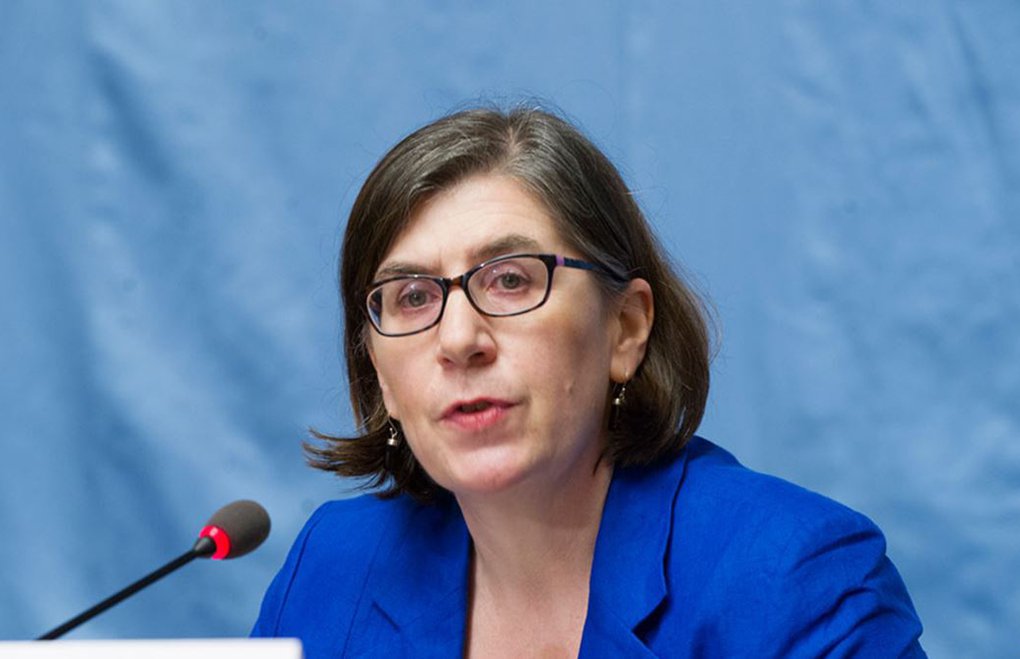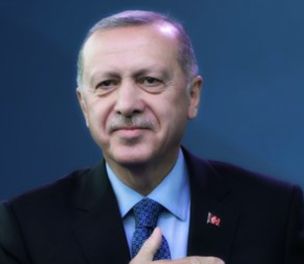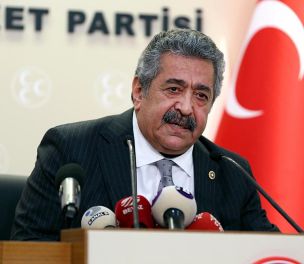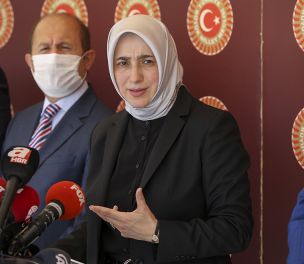* Photo: UN
Click to read the article in Turkish
The United Nations (UN) has criticized the new social media bill which was jointly prepared by the ruling Justice and Development Party (AKP) and allying Nationalist Movement Party (MHP) and has recently passed by the General Assembly of Parliament into law as of today (July 29).
Spokesperson for the UN High Commissioner for Human Rights Liz Throssell has released the following press briefing about the bill:
"We are concerned by moves by the authorities in Turkey to introduce a new social media bill that would give the State powerful tools for asserting even more control over the media landscape.
'Independent media is already under serious threat'
"The law, if adopted, would further undermine the right of people in Turkey to freedom of expression, to obtain information and to participate in public and political life. As well, it would further weaken platforms that are essential for independent journalism.
"The independent media is already under serious threat in Turkey. These concerns have been exacerbated in the context of COVID-19 pandemic.
"According to figures provided by Ministry of Interior, as of May 2020, at least 510 people were detained for allegedly "baseless" and "provocative" social media posts about the pandemic and the State's response to it.
'It is not compatible with freedom of expression'
"Under the draft bill, which reportedly will be discussed in parliament soon, social media companies would be required to appoint a representative within Turkey. If the companies fail to comply, they would face steep fines and the possibility of having their bandwidth slashed to the point that people in Turkey will not have any meaningful access to their site.
"The wholesale blocking of websites is not compatible with the right to freedom of expression. The same is true for measures that render websites effectively inaccessible, such as deliberate limitations to available bandwidth.
'Take measures to promote plurality of media'
"The law would also require companies store all data of their Turkish customers in Turkey, undermining people's right to communicate anonymously. The law would also introduce extremely short deadlines for responding to content take-down requests by individuals and the courts.
"This in combination with the threat of legal liability and fines would provide strong incentives for over-compliance with take-down requests.
"We are also concerned about expanding the State's power to demand removal of reporting from news websites.
"We would like to recall that all limitations on the right to freedom of expression have to be in line with the requirements of article 19(3) of the International Covenant on Civil and Political Rights (ICCPR).
"Rather than seeking to increase powers of information control, governments should take all necessary measures to promote plurality of the media.
"Legal and regulatory frameworks for such essential fora of expression as social media platforms should only be adopted based on thorough deliberations and broad public debate." (HA/SD)











as.jpg)


